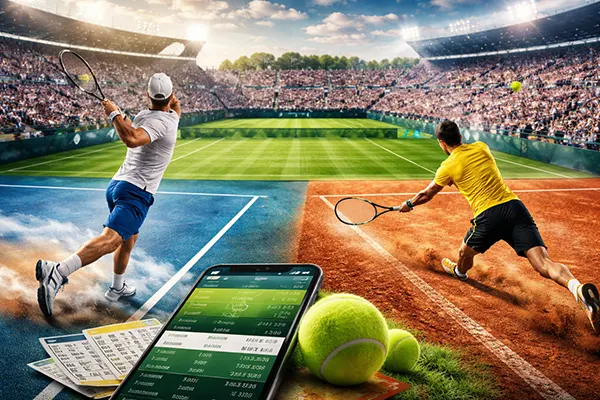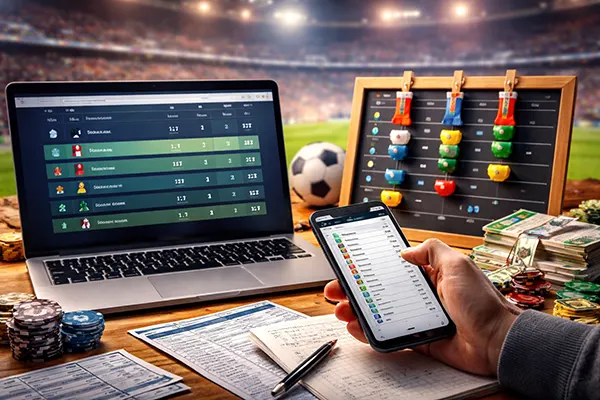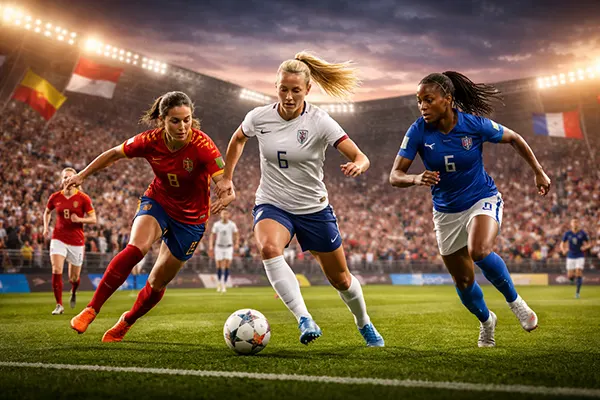Paris Basketball in the EuroLeague: How the Club is Growing and Competing on the European Stage
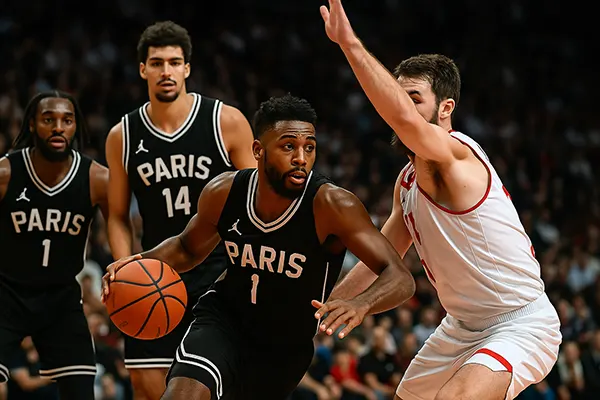
Paris Basketball is one of the most talked-about clubs in European basketball today. Founded only in 2018, the team has quickly become a symbol of modern ambition, combining a strong sporting project with innovative management. In 2023, the club earned its historic place in the EuroLeague, making Paris once again a visible basketball capital in Europe. As of 2025, Paris Basketball continues to evolve, aiming not only to remain competitive but to establish itself as a stable participant among Europe’s elite.
The Rise of Paris Basketball
The origins of Paris Basketball are deeply tied to the idea of bringing top-level basketball back to the French capital. After several failed attempts in the past, the new project gained strong financial and organisational support, building a foundation for long-term success. Unlike many clubs that take decades to join Europe’s top competitions, Paris Basketball’s strategy was based on rapid but sustainable growth.
The club has focused on combining experienced players with young talents from France and abroad. This approach has created a dynamic roster capable of adapting to the high demands of the EuroLeague. By investing in both recruitment and youth development, Paris Basketball has ensured that it will remain a relevant force in the years ahead.
Another key factor has been the club’s management. Led by president David Kahn and supported by investors, the organisation has emphasised transparency, innovation, and modern marketing. This has allowed the club to attract sponsors and fans at a pace few European teams can match.
Infrastructure and Fan Engagement
The team plays its home games at the Adidas Arena, which opened in 2023 and quickly became one of the most modern basketball venues in Europe. With a capacity of 8,000 spectators, it has given the club a proper home and has significantly boosted attendance. The arena was built with sustainability in mind, reflecting the city’s and the club’s commitment to environmental responsibility.
Fan culture in Paris has also grown rapidly. The club is positioning itself as a lifestyle brand, attracting a younger audience through collaborations with fashion, music, and art. This unique blend has helped Paris Basketball stand out in a crowded sports market. As of 2025, season tickets are in high demand, and the fan base is expanding beyond France.
Digital presence has been equally important. Paris Basketball has built strong connections with supporters through social media, streaming services, and interactive fan events. This modern approach strengthens loyalty and ensures the club appeals to international audiences as well.
Challenges and Competition in the EuroLeague
Entering the EuroLeague is an achievement, but staying competitive is a far more complex challenge. The competition features some of the most powerful basketball organisations in Europe, such as Real Madrid, FC Barcelona, and Anadolu Efes. For Paris Basketball, the first seasons have been about learning and adapting to this elite environment.
The differences in budgets between Paris and the established giants are significant. However, the club has managed to compete thanks to smart recruitment, a focus on athleticism, and a high-tempo style of play. Coaching strategies have been designed to exploit the speed and versatility of the roster rather than relying solely on star power.
As of 2025, Paris Basketball sits in the mid-table zone of the EuroLeague, with strong performances against some of the competition’s best teams. Their progress demonstrates that long-term planning and innovative methods can reduce the gap between new and established clubs.
Player Development and International Influence
Player development has been central to Paris Basketball’s identity. The club has invested in nurturing young French talents while also attracting prospects from Africa, the United States, and other European countries. This multicultural approach reflects Paris itself and strengthens the club’s international appeal.
Several players developed by Paris have already gained recognition on the EuroLeague stage and are on the radar of NBA scouts. The club has positioned itself as a bridge for players seeking international exposure while competing at the highest European level.
In addition, Paris Basketball has built partnerships with grassroots programmes across France, ensuring that the next generation of players sees the club as the ideal destination to develop professionally. This holistic vision supports both the sporting and cultural growth of basketball in the capital.
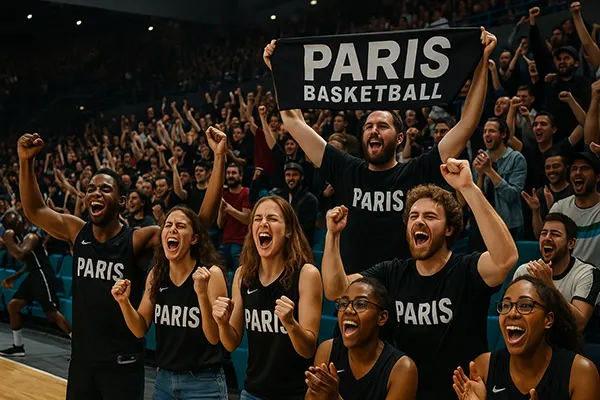
Future Prospects and Long-Term Vision
Looking ahead, Paris Basketball aims to consolidate its EuroLeague status and build a reputation similar to that of France’s football clubs on the European stage. The organisation understands that stability and consistency are key to sustaining growth. Expanding revenues, strengthening the roster, and continuing to innovate will be the main priorities for the coming years.
The club also aspires to contribute to the broader development of basketball in France. By setting an example of modern management and fan engagement, Paris Basketball influences the domestic league (Betclic Élite) and raises the overall standards of French basketball. This impact extends beyond the court, creating more opportunities for young athletes nationwide.
On the global stage, Paris Basketball has the potential to become one of the EuroLeague’s most recognisable brands. With Paris hosting the 2024 Olympic Games, the city’s increased attention on basketball has provided momentum that the club is now capitalising on. By 2025, the organisation is firmly positioned as a growing force with ambitions to reach the playoffs consistently.
Economic Sustainability and Global Branding
Economic sustainability is central to the club’s long-term vision. Paris Basketball aims to avoid the financial instability that has affected other ambitious projects in the past. By diversifying revenue streams—ticket sales, sponsorships, broadcasting, and merchandise—the club is working to secure stable financial foundations.
Branding also plays a significant role. Paris Basketball has positioned itself as not just a sports club but a cultural icon, closely tied to the city’s global reputation. Collaborations with fashion labels, music artists, and global brands are helping to build an identity that transcends basketball itself.
If the current trajectory continues, Paris Basketball could serve as a model for how new clubs can quickly rise to prominence in European sports. Balancing sporting ambition with economic responsibility and cultural influence, the team is shaping a new path for basketball in the 21st century.

